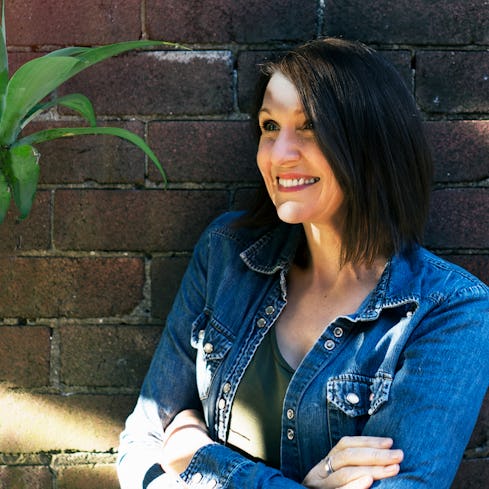My choice for this week’s piece seems particularly timely in light of the panic buying of essentials we are seeing in response to Covid-19.
On a recent visit to a local supermarket I saw that not only were toilet paper and tissue items completely cleaned out but also feminine hygiene products. I don’t know about you, but as a woman, if I was in need of either, I would rather go without toilet paper than these items.
So I want to talk now about alternatives – not just for the Covid-19 outbreak, but also longer term - because when you appreciate the impact of single use feminine hygiene products on the environment and the sheer number of girls and women using them every month for decades, then it is worth exploring alternatives. Cloth pad company Ecofemme, state that disposable pads with all their plastic can take up to 800 years to breakdown! According to National Geographic, in the US, just in the 2018 year, 5.8 billion tampons were sold. They also quote that an estimated 5-15 thousand sanitary items (pads and tampons) per menstruation person will be used over their lifetime. And as both tampons and pads are made with multiple plastic components (including packaging, synthetic liquid absorbing material, linings, etc) that equates to a lot of plastic!
A recent study published in Sustainability focusing on awareness of the environmental impact of feminine hygiene products, highlighted that most respondents had no idea at the amount of plastics in the products and were generally not aware of any environmental impact.
Luckily, over the last few years, there has been a surge in the number of different reusable sanitary items available and I have tried quite a few of them - from diva cups to Modibodi period underwear and most recently, Hannahpads, which are reusable pads that you wear and change just like a disposable but you treat and wash in the same way you would cloth nappies.
I’m not going to lie and say that these feel like a direct swap (from my experience, the closest to that would be Modibodi), but functionally the outcome is the same, just without the waste. I recommend you explore all the options and see which one might suit your needs most. Again, for me it’s probably the period undies closely followed by Hannahpads, but they come with a price tag so while I’m slowly building a collection, I’m using all the options. And like all reusables, they pay for themselves over time.
It might take a bit of getting used to, but, one thing that climate change, and now Covid-19, is showing us is, we are going to have to make changes if we want to survive and thrive in the future. Having these alternatives available to us now from a supermarket sell-out perspective is comforting, but from an environmental perspective, it is fantastic news.

See you next time! - Elise
Subscribe to Positive Environment News
Positive Environment News has been compiled using publicly available information. Planet Ark does not take responsibility for the accuracy of the original information and encourages readers to check the references before using this information for their own purposes.